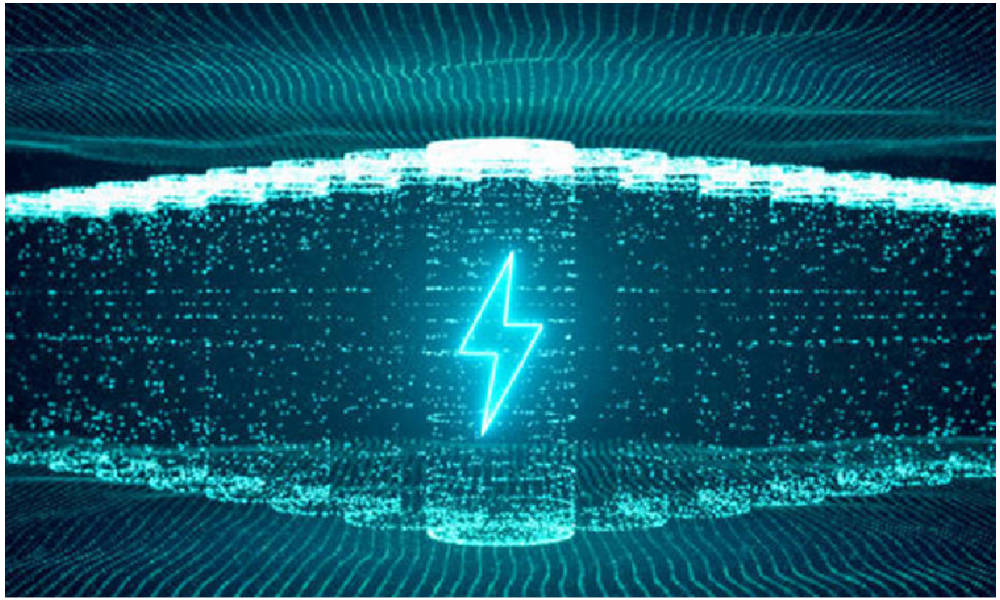In recent years, driven by the explosion of demand for new energy vehicles and national environmental protection policies, the lithium battery industry has developed rapidly.
However, due to the impact of the epidemic and rising raw material prices, the profitability of the lithium battery industry has declined. However, with the rapid development of new energy vehicles and the increase in intelligent consumption in daily life, lithium battery application scenarios will be more abundant, and the next 10 to 15 years will be its golden development period.
1. Declining industry profitability
Affected by the national environmental protection policy, the lithium battery industry has ushered in rapid development.
According to statistics from the Lithium Battery Research Institute (GGII), my country’s lithium battery shipments continued to climb from 2017 to 2021, maintaining double-digit growth every year. Among them, the proportion of vehicle power battery shipments continues to rise, accounting for 69% of the national lithium battery market in 2021, far exceeding other application terminals.
Although the lithium battery industry continues to grow rapidly, the profitability of the lithium battery industry has been declining due to factors such as the epidemic and rising raw material prices in the past two years.
On the one hand, the rising price of raw materials has a significant conduction effect on the lithium battery industry.
CATL’s financial report shows that in the first quarter of 2022, although the company’s operating income of 48.678 billion yuan far exceeded the level of the same period last year, due to the rapid rise in upstream raw material prices, the company’s operating costs rose by 198.66%, and its net profit fell by 23.62% year-on-year.
Founded in 2003, Phylion Power is one of the main manufacturers of power lithium batteries in China, and its domestic market share of lithium batteries for light vehicles is close to 45%. It is understood that in 2020 and 2021, the company’s sales revenue will be around 4 billion yuan, and its profitability is good, but it has declined in the first half of this year.
According to industry insiders, under the adjustment of market supply and demand, the price of raw material lithium carbonate upstream of the industry has been fluctuating between 30,000 and 200,000 yuan per ton. However, the price of lithium carbonate once soared to around 500,000 yuan per ton this year, which greatly exceeded the cost range of lithium battery companies.
On the other hand, the consumption of new energy vehicles is becoming more and more mature and will usher in an outbreak period in 2021, and the market demand will jump from about 1.2 million in 2020 to about 3 million. However, the upstream and downstream enterprises in the industrial chain are not well prepared, and the supply cannot keep up.
2.The future will usher in a golden development period

Despite the staged twists and turns, the opportunities for the lithium battery track are still huge, and the next 10 to 15 years will usher in a golden development period.
According to data from the All-China Passenger Federation, from January to July this year, the sales of new energy vehicles in my country reached 2.733 million, a year-on-year increase of 121.5%.
Industry analysts believe that although the price increase and the epidemic have objectively had a certain impact on the production and sales of new energy vehicles, they are only short-term factors that disrupt the market and will not reverse the upward trend in the production and sales of new energy vehicles.
“The lithium battery industry must seize this wave of dividends released by new energy vehicles.” Feng Xiao, president of Phylion, believes that the entire industry chain, including the lithium battery industry, must find the right position and make market plans. Phylion has set up a new energy vehicle lithium battery production base in Yancheng. The product is positioned as a new energy vehicle with a range of less than 150,000 yuan and a battery life of less than 300 kilometers. It is expected to be put into production next year.
Driven by the consumption of new energy vehicles, more and more products will use lithium batteries as power. Feng Xiao said that in the future, products in all aspects of clothing, food, housing and transportation will become more and more automated and intelligent, and the application scenarios of lithium batteries will be more abundant, and the industry will usher in an explosive period.
However, with the increasing popularity of the lithium battery industry, this track has become more and more “crowded”.
“In the next 3 to 5 years, a large number of lithium battery companies may be reshuffled.” Feng Xiao said that the technical threshold of the lithium battery industry is high, and there have always been fewer domestic colleges and universities that offer related majors, and technical talents with professional backgrounds are scarce. , “You can live without copying homework.” If there is no core technology, no independent strategic deployment, and no competitive differentiated products, it is difficult to develop in the industry for a long time.
3.Industry problems need to be solved urgently
The lithium battery industry has been developing for about 30 years, the market is not yet mature, and some common problems in the industry need to be solved urgently.
First, the standardization of lithium batteries needs to be broken through. In the two-wheeled vehicle lithium battery market, relying on market advantages, Phylion has basically achieved standardization in the past few years, and the ratio of interoperability and exchange between different products have reached a high level. In the field of lithium batteries for new energy vehicles, the standards between products have not yet been realized, basically, one standard per factory, which is not conducive to the penetration of lithium batteries in the new energy vehicle market.
Second, the safety of lithium batteries must be promoted in many ways. In recent years, news of the spontaneous combustion of electric bicycles and new energy vehicles has often appeared, causing consumers to worry about the safety of power batteries. At the national level, supervision needs to be strengthened to crack down on substandard products; at the same time, lithium battery manufacturers must continue to focus on technology and innovation, and develop safer, more durable, and more affordable products.
Third, the expansion of the industry should be orderly. Due to the mismatch between supply and demand in the lithium battery industry, many companies in the industry have expanded production. At the same time, companies outside some industries have also seen the “window” and joined this market across borders. Feng Xiao said that the lithium battery industry has a high technical threshold, and product iteration takes time. It is best for companies in the industry to have an efficiency of more than 80% in order to expand production, and companies outside the industry must enter with caution.

